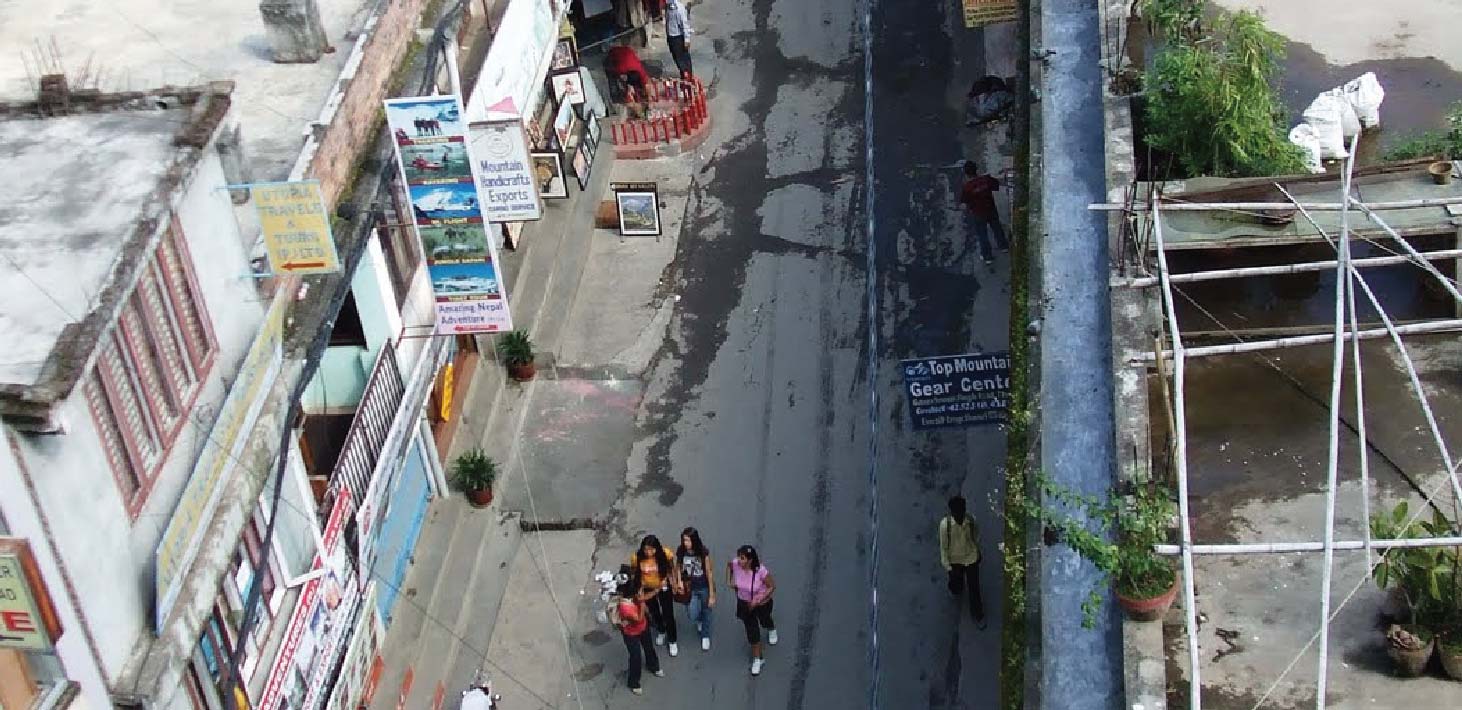Business in contemporary Bangladesh
By SM Zakaria
History in Perspective
Magna Carta (the great charter) or the Magna Carta Libertatum (the great charter of liberties) was issued on 15 June 1215, by King John of England with a view to making peace with some rebellious barons (noble men of means). The king was repressive and the barons did not agree to give in; so the charter was issued with commitments from the royalty to protect the rights of the church, to protect the barons from illegal imprisonment, to protect the barons from payment of unlimited taxes and to provide the barons the right to quick justice.The contemporary political, religious, business, and social systems in England did possess such inner strength, courage and stature that it could compel a feudal king to come to terms with religious and business leaders and sign a charter ensuring certain basic rights of the members of the society.
Some 800 years after, in 2015, when citizens of England are poised to celebrate the commencement of the Magna Carta, one of the greatest manmade historical documents that sought to defy despotic actions and ensure freedom and justice for the humanity, we, the people of Bangladesh, are still crying in the absence of our rights to ‘life, liberty and the pursuit of happiness.’ Past and ongoing political developments have denied the people of these rights and they have been made to live a life of subjugation similar to that of colonial era, being deprived of the smooth opportunity to earn livelihoods, safe movement, the right to assemble and speak out for themselves, the right to choose their leaders, the right to justice, and appallingly, incessant attempts are on for influencing people’s thinking process so a permanent bias for certain political dogma could be achieved to the benefit of a political sect.
This is not a water body for fishes to live; as fishes need unpolluted waters to live and multiply, so business needs an unpolluted social environment to flourish and sustain. But that is wanting severely. On a broader account, during the last 43 years after independence of the country, nine sets of government have governed the country – each of them did not hold and represent the people’s hope and will. The social environment promoted by them did not suit the people, nor the business. Autocratic policies hostile to freedom, peace and business; corruption dragging business down and bolstering un-business amassing of wealth featured the tenures of most of those governments.
The Truth
No matter how the political, social and economic environment behave with the people, the naked truth is that they have to save their lives by, at the bottom line, acquiring the basic consumer items necessary to sustain, and then as a protective measure, by maintaining growth into the future. Bangladesh is a blatant example of this evolutionary process that goes on in human societies: people cannot wait for somebody, some government to spoon-feed them; evolution in people’s efforts to save life, sustain life has to go without being dampened by any bar or barrier; it is an inevitability, an invincible social stream that has to flow creating creaks and cracks through all sorts of natural and human hurdles.
One hundred and sixty million people living in a land mass covering only 55,000 sq. miles did not have until now any choice but to wage a momentous war against all odds and perils, all deprivations to earn a livelihood: they have been successful. Their muscles and minds especially that of the weaker part of the society are spending from the available human capital and getting paid off. But, the country has now reached a cross-roads, a labyrinth of paths as to where to go, what to do, which way lies the conomic and social emancipation ofherproletariat people.
The Culprit
It is a hard truth for Bangladesh that she lacks in vitality in terms of both surface and underground resources, but that has not been insurmountable as demonstrated in our success in adding values to what we have, in acquiring remarkable wealth by utilising what we have profusely – the so called manpower. Clearly, politics remains as the culprit in failing us to stride ahead by calibrating available resources to grab opportunities obtaining in the domestic and global markets. We have crossed long politically arid paths up to now; while most of the world in this 21st century has grown mature enough to deal in business, politics, diplomacy, science & technology, creating and managing wealth, the contemporary perils of our politics offer nothing but bad omen for our futurity. Our wellbeing appears to have been seized by our reactionary attitude and activities.
Though constitutionally socialistic, we have embraced open market economic and pluralistic political practices as our motto and have been performing accordingly but meekly. Our productive future lies in the hands of the private sector, because 99% of our productive entities are owned by individual private owners. The specific problems facing them are shoddy infrastructure and law & order conditions, weak port facilities, insufficient fuel and power supply, under developed domestic market, un-smart labour market, under developed services market etc., among others. The broader problem consists in rowdy and uncivilized political environment. In a modern state, politics is the outer circle that encompasses and defines every aspect of social dynamics; this is more so in Bangladesh, because social institutions that guard people’s rights and privileges are pitifully weakplaying in the hands of successive governments.
The Magna Carta for Bangladesh
If our future is to be saved at all, if our business and for that matter our efforts to acquire wealth is to be bolstered, if stability and peace are to be put firm as social norms, the social myopia about our rights and responsibilities needs be removed at the first instance, then we need to look far beyond and sit in a national convention of enlightened minds and leaders and adopt a charter – The Magna Carta for the Citizens of Bangladesh – which shall enshrine people’s commitments to provide protection to each and every citizen of this country as to his/her right to ‘life, liberty and the pursuit of happiness.’















